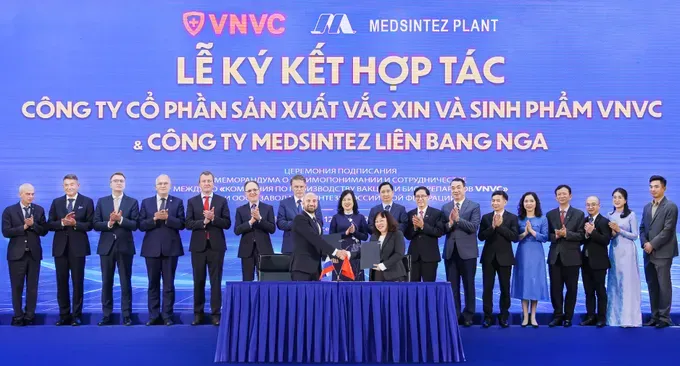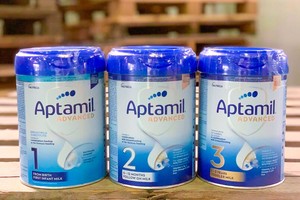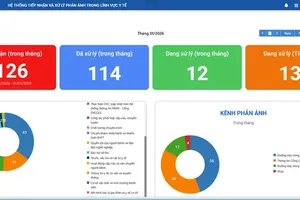
The agreement was officially concluded at a signing ceremony witnessed by Russian Minister of Health Mikhail Murashko and Vietnamese Minister of Health Dao Hong Lan. The deal was made between the VNVC Vaccine and Biological Products Plant and Russia's Medsintez Pharmaceutical Company.
This event represents a key milestone in bilateral healthcare cooperation and aligns with Vietnam's strategic goals for scientific and technological advancement and public health innovation. The initiative supports the country's Pharmaceutical Development Strategy to 2030, with a vision to 2045, and is in accordance with Politburo Resolutions No. 57 and 72.
Under the terms of the agreement, Medsintez will provide advanced biopharmaceutical production technology to the VNVC plant. The partnership also includes collaboration on research and development, clinical trials, and the distribution of high-quality pharmaceutical products within Vietnam and throughout the ASEAN region.
Among the products expected to be manufactured in Vietnam are recombinant Albumin, recombinant Insulin, single-use and reusable insulin pens, diabetes medications (liraglutide, semaglutide), the anticoagulant Heparin (for prevention and treatment of thrombotic complications leading to stroke, myocardial infarction, or pulmonary embolism), the antiviral drug Triazavirin, and follicle-stimulating hormone (used in infertility treatment).
In particular, both parties agreed to jointly conduct clinical research on Triazavirin for the treatment of Dengue fever — a disease that currently has no specific treatment and causes hundreds of thousands of cases and dozens of deaths annually in Vietnam.
Speaking at the event, Russian Health Minister Mikhail Murashko emphasized that cooperation between Vietnam and Russia would bring mutual benefits, with the ultimate goal of protecting public health and enhancing the quality of healthcare systems.
On behalf of the Ministry of Health of Vietnam, Minister Dao Hong Lan expressed appreciation to the Russian government and Ministry of Health for decades of support in workforce training, technology transfer, vaccine supply, and medical equipment. She affirmed: “Collaboration between research institutes, high-tech medical centers, and pharmaceutical enterprises of the two countries will create significant development opportunities, particularly in key areas such as cancer treatment, drug and vaccine production, and biomedical innovation.”
























